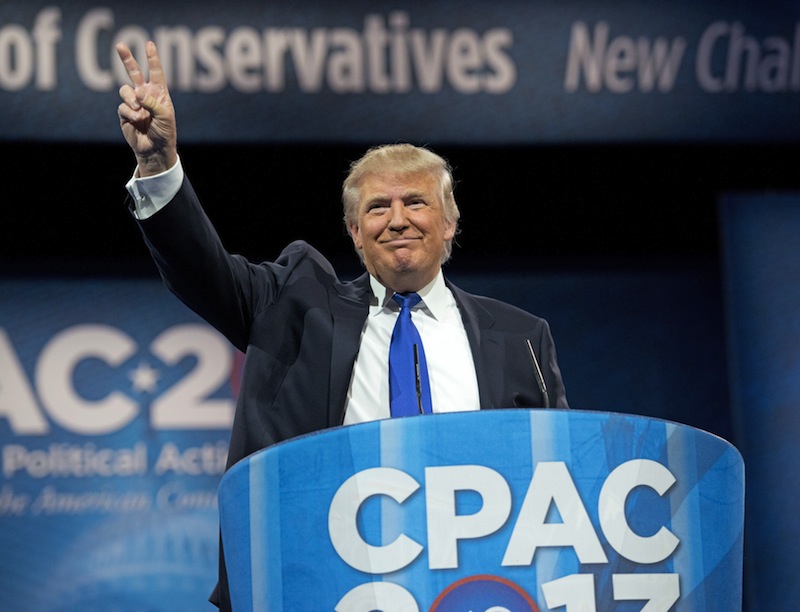Back in the 1980s and 90s there was this comical line that once Republicans finally cracked the African-American vote Democrats would be out of business forever. In other words, once Republicans got 100% of the Southern whites and all the blacks, Dems would be toast. To which one might say, yeah, that really would be awful for Dems’ electoral prospects. On the other hand, if you have any feel for American politics, that’s just not going to happen. Democrats actually tried; it didn’t work.
Today, we’re not in quite the same situation, but so many of our discussions of racial politics ignore its harsh zero sum dynamics or quite simply the fact that race has any role in our politics at all.
I can imagine a politics where race is either not a driving factor in our politics or one in which it has a greatly reduced role. In fact I’m cautiously optimistic that what’s happened over the last handful of election cycles makes that second option, at least to a degree, a real possibility. Not because of some magical Obama effect but because of something much more concrete: demographic trends have hit a tipping point where they appear to be a net loser for the GOP.
This conversation always requires getting straight on definitions. Does this mean the GOP is ‘racist’? No. At least not in its entirety. But it benefited mightily from it. What it means is that our politics is significantly framed around the politics of race and, on balance, it’s been a winning issue for the GOP for the 40 or 50 odd years since white Southerners moved into the Republican party and created a powerful electoral anchor for the party. They raised their sails to the winds of racial animosity and it worked in spades. For decades, you got more white votes pushing this brand of politics than you lost in minority votes. It was a good political bargain. But as the racial composition of the electorate changed, we reached a tipping, one that became visible in sharp relief in 2012.
Now, we all know this. What’s apparently much less clear are the thermodynamics of racial politics. It might not quite be equal and opposite, like in the physical world. But change on one front almost inevitably leads to at least substantial and parallel change elsewhere.
Imagine a significantly deracialized American politics. Perhaps the Republican party starts getting African-American support into the double digits. Perhaps the partisan split among Hispanic voters moves more toward equal. In other words, a significant de-racialization of our politics. So great, Republicans now get all these new voters. But you don’t think some lower income white voters in Arkansas or Missouri don’t stop and say, “Hey, why am I Republican again?”
It would be a great thing for America to have an at least partially deracialized politics. But I don’t think any of us can fully visualize the pervasive restructuring of our politics that would entail — far beyond what we normally think of as issues of race. Recent events make me think we are going to at least move in that direction. At least somewhat. Eventually.
But racial divisions — which is different from ‘racism’ per se — are just more deeply rooted in our politics than most people care to admit. Taking that out of the equation, even to a degree, would upend more apple carts than we realize, would take longer than we realize. The GOP is deeply in hock to the white voters whose votes it’s focused on maximizing in recent elections. And that de-leveraging won’t come rapidly or easily.






